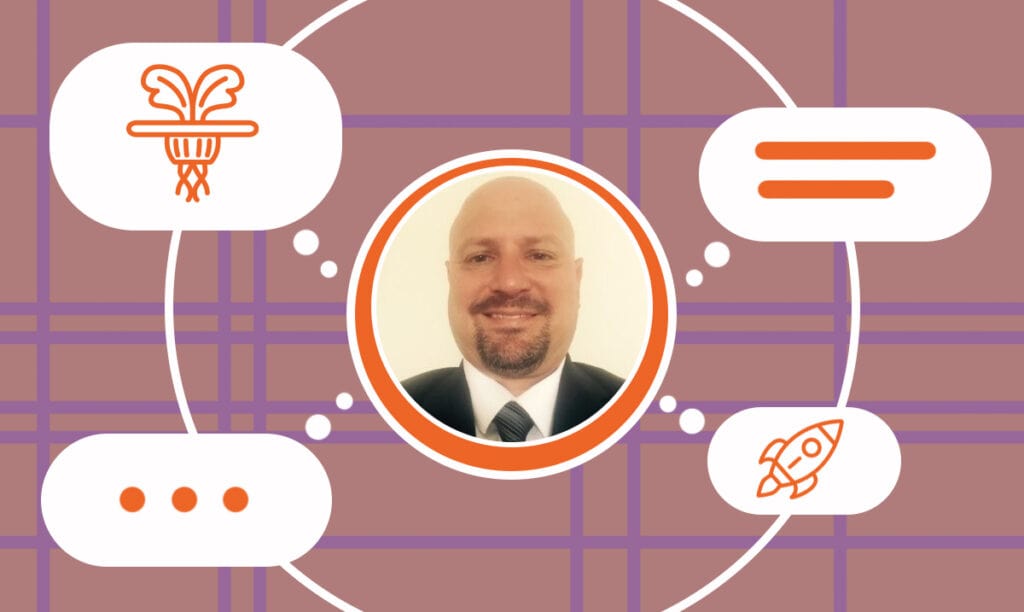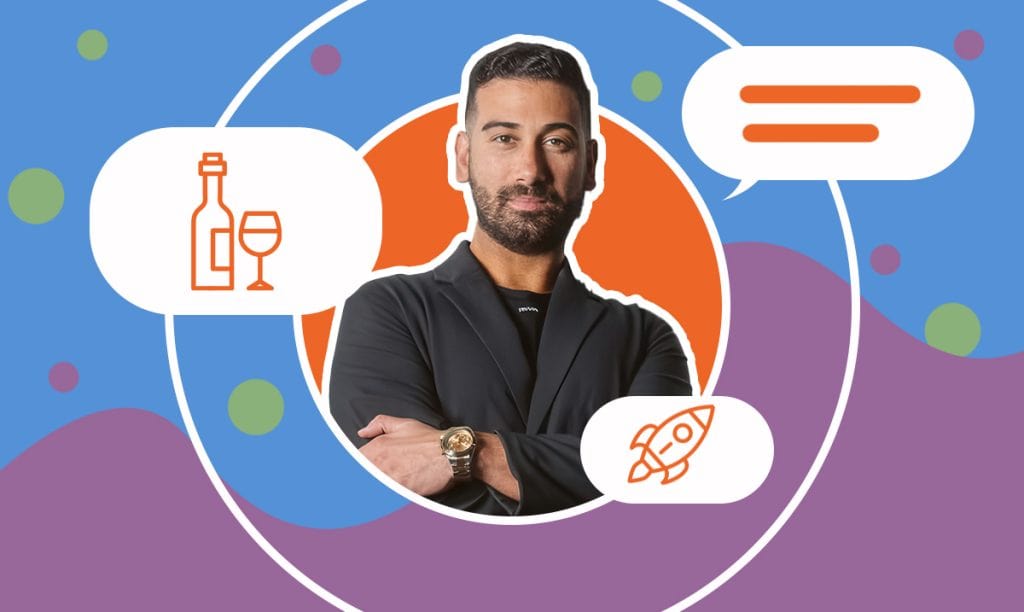In this interview, we sit down with Raimonds Selga, co-founder and board member of Kalve Coffee, a fast-growing specialty coffee brand based inLatvi ...
Joe Nash on Advancements in Hydroponic Gardening Solutions
Written by: Esther Strauss
Esther is a business strategist with over 20 years of experience as an entrepreneur, executive, educator, and management advisor.
Published on March 7, 2024

Orlando Hydroponics, under the guidance of Joe Nash, has emerged as a leader in the realm of hydroponic solutions, combining innovation and environmental consciousness. Joe Nash, with his commitment to quality and affordability, has created a unique blend of custom-designed hydroponic systems, comprehensive client support, and a deep emphasis on education.
Orlando Hydroponics prides itself on providing aesthetically pleasing, efficient, and easy-to-use systems that empower individuals to grow their own produce, hence reducing dependency on commercial produce and enhancing food security.
This interview delves into the driving philosophy behind Orlando Hydroponics and reveals Joe Nash’s vision of making hydroponics an integral part of modern sustainable living.
Business Concept and Inspiration
SBS – What inspired you to start a business in hydroponic systems, and how did you identify this niche market?
Joe – It started with a need and a problem. Supermarket produce is expensive, laced with unknown contaminants, and not farm-fresh. The second reason is that suburbia with HOAs and limited space in poor soil can make growing your own very difficult. The market already exists and it was hungry for a solution.
Client Customization
SBS – Your website highlights the customization of hydroponic systems. How do you balance client-specific needs with scalable business models?
Joe – I use the same basic components. They can be custom configured to address each particular customer’s needs and preferences.
Educational Aspect
SBS – You emphasize teaching clients about hydroponics. How important is this educational aspect to your business model, and how do you implement it?
Joe – This method of gardening is very easy once the basics are understood. Without education, there would be a high failure rate. If a customer cannot use my system to easily grow food, the business fails. Education is achieved by timely instruction before installation, after installation and then on-going though text and short calls until the customer is up and running on their own.
Design Challenges
SBS – What are the most common design challenges you face when creating hydroponic systems for different environments, and how do you overcome them?
Joe – The biggest challenge is where the unit will be placed and its proximity (or lack of it) to a hose faucet and an electrical outlet. Not really a big deal most of the time but it can affect the overall expense.
Sustainability and Eco-friendliness
SBS – How do you ensure that your hydroponic systems are sustainable and eco-friendly?
Joe – They are built to last for many years — much longer than the experience I’ve had with other major appliances. There is little to no runoff and they use a fraction of the water and nutrients required for a traditional garden. Most items can be reused dozens of times.
Customer Support and Engagement
SBS – Can you elaborate on the ongoing support you provide your customers and how this helps customer retention?
Joe – The “free help desk” is a major part of putting a customer at ease with their investment. Taking a few minutes out of my time to answer their questions creates a relationship with the customer and gives me the peace of mind that they will be successful.
Market Differentiation
SBS – How do you differentiate your products and services from other hydroponic system providers
Joe – Aesthetics. Five-gallon buckets are not HOA-friendly and use too much space. Tower Gardens must be taken apart when clogged and for cleaning. A unit in a box offers little to no know-how or support in how to use it.
Growth and Scalability
SBS – What strategies have you employed to grow and scale your business in the hydroponics industry?
Joe – Working with the Orange County School system, word of mouth, talk show host appearances, referrals, social media posts.
Challenges in Hydroponics
SBS – What are the biggest challenges you face in the hydroponics industry, and how do you address them?
Joe – I feel this is all a little ahead of its time. Only a fraction of the population seems to care about the issues I’ve mentioned, and most either have no time or desire to eat anything they have to prepare themselves.
Technological Integration
SBS – How do you incorporate technology into your hydroponic systems, and what benefits does this bring?
Joe – Automation makes it easy for the user and better for the plants.
Feedback and Improvement
SBS – How do you gather feedback from your customers, and how has this feedback shaped your business?
Joe – Interaction with the customer after the sale/installation keeps me apprised of challenges they are facing and gives me the opportunity to tweak my designs and approach to make for a better experience for the next customer.
Solar Energy Integration
SBS – Your website also mentions solar energy solutions. How do solar energy and hydroponics complement each other in your business?
Joe – Many customers that have embraced sustainability have both solar and a hydro system or two. Also, it sets me apart from all the shady solar scams — they know I’m doing this for the right reasons.
Future Trends and Adaptation
SBS – What trends do you foresee in the hydroponics industry, and how do you plan to adapt your business to these changes?
Joe – Lots of speculation here. I could go down endless rabbit holes that may never happen. Have a good product, a fair price, a great customer experience and everything else will take care of itself.
Subscribe to Our Newsletter
and gain insider access to cutting-edge business insights and trends.
Featured Resources

How Kalve Makes High-End Coffee Accessible for Everyone
Published on April 3, 2025
Read Now

How Eggholic is Bringing Authentic Indian Street Food to the US
Published on February 25, 2025
In this interview, we speak with Bhavana Singh, the visionary behind Eggholic, a restaurant that brings the authentic flavors of Gujarat’segg- ...
Read Now

How a Historic Theater Became Houston’s Chic Bar
Published on January 2, 2025
Nestled in the heart of Houston’s Montrose neighborhood, Clarkwood is more than just a chic wine and cocktail bar— it’s a celebration ofhistor ...
Read Now
Comments